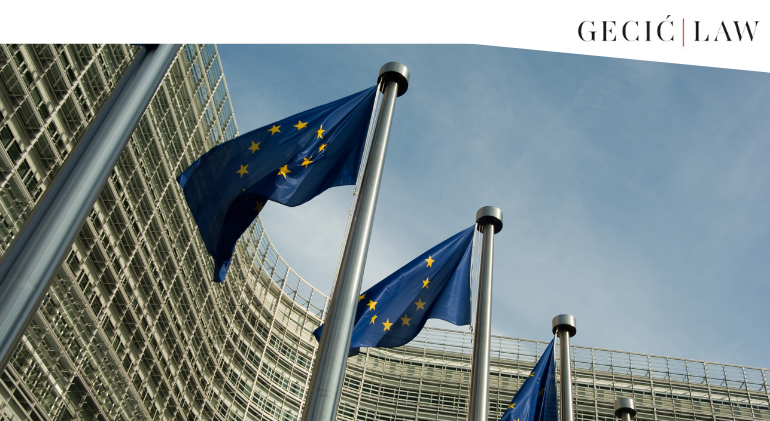

On May 10, 2022, the European Commission adopted a new Vertical Block Exemption Regulation (“VBER“) and related guidelines (“Vertical Guidelines“), following a detailed review of the previous Vertical Block Exemption Regulation dating to 2010 (“old VBER“).
The objective of the VBER is to exempt agreements between undertakings operating at different levels of the supply chain (“vertical agreements”):
In other words, the VBER aims to recognize which types of vertical agreements are generally efficiency-enhancing and provide benefits to consumers.
One of the major changes relates to dual distribution which covers situations where the supplier is active both upstream and downstream i.e., reaches consumers both directly and through resellers. In this scenario, the supplier competes with its independent resellers in the so-called downstream (distribution) market. For instance, manufacturers may sell their products directly to consumers through online stores, but also via retailers. The general exemption of the VBER will now cover additional levels of the supply chain besides manufacturers, namely importers and wholesalers.
The exchange of information between the supplier and the retailer is now covered by exemption only if it “is either directly related to the implementation of the vertical agreement or is necessary to improve the production or distribution of the contract goods or services.” In that sense, the Vertical Guidelines provide that the parties can share (i) current prices including recommended or maximum prices, (ii) technical information (e.g., certification, registration, etc.), (iii) aggregated information linked to customer purchases, preferences and feedback, (iv) supply related information (e.g., sales volume, inventory, returns), (v) performance-related information, and (vi) marketing-related information.
Nevertheless, the exchange of the following information cannot be exempted: (i) future prices, (ii) customer-specific sales data and (iii) information relating to goods sold by a buyer under its brand name with a manufacturer of competing branded goods.
Most favored nation (“MFN”) clauses, also known as parity clauses, call for a seller of goods or services to offer the goods or services to another party on conditions that are no less favorable than the conditions offered by the seller to certain other parties or via certain other channels. A new rule is introduced for online marketplaces establishing that MFN clauses, which prohibit the retailer from offering more favorable conditions on competing online marketplaces (so-called “wide MFNs”), will be excluded from the benefit of the exemption.
The VBER rules for distribution systems (exclusive distribution, selective distribution, and free distribution) have been extended and made more flexible considering the more freedom to restrict active sales. While the old VBER required that certain territories or customer groups needed to be allocated exclusively to one other distributor, active sales restrictions are now exempted if there are up to five other distributors active in a certain territory or responsible for a certain customer group.
The Vertical Guidelines soften the approach with respect to dual pricing strategies, i.e. where the supplier sets different wholesale prices for products sold online compared to the ones sold offline are no longer estimated as per-se hardcore restrictions.
Also, the Vertical Guidelines foresee that an implied or automatic renewal of the non-compete clause (taking the duration beyond five years) may be exempted if the customer can successfully renegotiate or terminate the vertical agreement containing the non-compete clause within a reasonable time after the expiration of the period and at a reasonable cost.
VBER will enter into force on June 1, 2022 and will apply to all new agreements from that date, while the existing agreements will continue to be exempted under the old VBER until May 31, 2023.
Finally, it remains to be seen whether the Republic of Serbia will follow the approach taken in the VBER and adopt a new Vertical Regulation since the one currently in force is harmonized with the old VBER.
Authors: Vuk Leković, Ognjen Pećanac